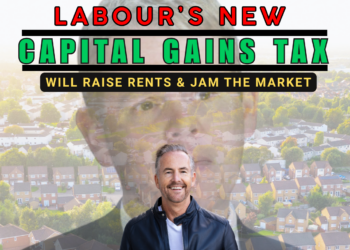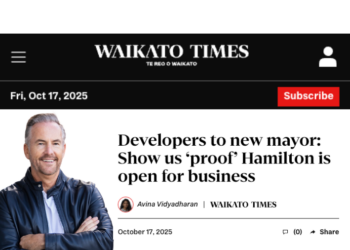You might think interest rates in New Zealand are low. Well, they are about to go lower. They could even go negative. With negative interest rates you pay the bank to keep your money safe. Don’t think it’s possible… it’s already happening in many western countries.
Many central banks reduced policy interest rates to zero during the global financial crisis to boost growth. Ten years later, interest rates remain low in most countries. While the global economy has been recovering, future downturns are inevitable. Severe recessions have historically required 3–6 percentage points cut in policy rates to boost the economy. If another crisis happens, few countries would have that kind of room for monetary policy to respond.
How low can you go?
In a cashless world, there would be no lower bound on interest rates. A central bank could reduce the policy rate from, say 2% to minus 4% to counter a severe recession. The interest rate cut would transmit to bank deposits, loans, and bonds. Without cash, depositors would have to pay the negative interest rate to keep their money with the bank, making consumption and investment more attractive. There would be little point in saving your money if you had to pay the bank to do this – you may as well buy investments or fancy cars. And if the interest rates for borrowing are close to zero, then why not take out a loan? This would jolt lending, boost demand, and stimulate the economy, so they say.
When cash is available, however, cutting rates significantly into negative territory becomes impossible. Cash has the same purchasing power as bank deposits, but at zero nominal interest. Moreover, it can be obtained in unlimited quantities in exchange for bank money. Therefore, instead of paying negative interest, one could simply take cash out of the bank and hold it at zero interest. Cash is a free option on zero interest, and acts as an interest rate floor.
Breaking through zero
One option to break through the zero lower bound would be to phase out cash. But that is not straightforward. Cash continues to play a significant role in payments in many countries. New Zealand is already a very cashless society, following close on behind Sweden and Norway. At the other end of the spectrum are Switzerland Japan. Interesting that we have wealthy and well educated countries on both ends of the cash/cashless scale. Although many of us live almost cashless lives now, would we really want cash to cease to exist? It would give banks and, in turn, government an unprecedented amount of information and control over what happens with our money.
Back to interest rates, it looks as though New Zealand rates are set to go lower and could remain lower for longer. If that’s the case, then finding places to invest for a reasonable return is going to get more difficult. I’m still fully invested in residential property and don’t see any reason to change that focus for now. Bricks and mortar continue to provide me with the security I need to sleep at night, and rental yields are climbing thanks to the increased demand on a limited number of rental properties. People will always need good quality housing, and I am happy to be able to provide that.
If you’d like to discuss how investment property might fit your personal situation, please get in touch.
John Kenel
Assured Property Investments








